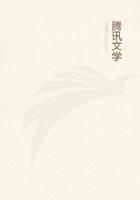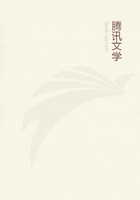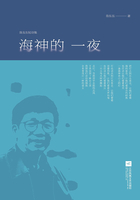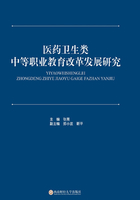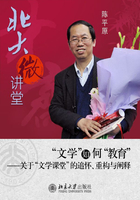Now it resulted also from the presupposition of these ideas that we became aware of a law that the subjective principles of action, i.e., maxims, must always be so assumed that they can also hold as objective, that is, universal principles, and so serve as universal laws of our own dictation. But why then should I subject myself to this principle and that simply as a rational being, thus also subjecting to it all other being endowed with reason? I will allow that no interest urges me to this, for that would not give a categorical imperative, but I must take an interest in it and discern how this comes to pass; for this properly an "I ought" is properly an "I would," valid for every rational being, provided only that reason determined his actions without any hindrance. But for beings that are in addition affected as we are by springs of a different kind, namely, sensibility, and in whose case that is not always done which reason alone would do, for these that necessity is expressed only as an "ought," and the subjective necessity is different from the objective.
It seems then as if the moral law, that is, the principle of autonomy of the will, were properly speaking only presupposed in the idea of freedom, and as if we could not prove its reality and objective necessity independently. In that case we should still have gained something considerable by at least determining the true principle more exactly than had previously been done; but as regards its validity and the practical necessity of subjecting oneself to it, we should not have advanced a step. For if we were asked why the universal validity of our maxim as a law must be the condition restricting our actions, and on what we ground the worth which we assign to this manner of acting- a worth so great that there cannot be any higher interest; and if we were asked further how it happens that it is by this alone a man believes he feels his own personal worth, in comparison with which that of an agreeable or disagreeable condition is to be regarded as nothing, to these questions we could give no satisfactory answer.
We find indeed sometimes that we can take an interest in a personal quality which does not involve any interest of external condition, provided this quality makes us capable of participating in the condition in case reason were to effect the allotment; that is to say, the mere being worthy of happiness can interest of itself even without the motive of participating in this happiness. This judgement, however, is in fact only the effect of the importance of the moral law which we before presupposed (when by the idea of freedom we detach ourselves from every empirical interest); but that we ought to detach ourselves from these interests, i.e., to consider ourselves as free in action and yet as subject to certain laws, so as to find a worth simply in our own person which can compensate us for the loss of everything that gives worth to our condition; this we are not yet able to discern in this way, nor do we see how it is possible so to act- in other words, whence the moral law derives its obligation.
It must be freely admitted that there is a sort of circle here from which it seems impossible to escape. In the order of efficient causes we assume ourselves free, in order that in the order of ends we may conceive ourselves as subject to moral laws: and we afterwards conceive ourselves as subject to these laws, because we have attributed to ourselves freedom of will: for freedom and self-legislation of will are both autonomy and, therefore, are reciprocal conceptions, and for this very reason one must not be used to explain the other or give the reason of it, but at most only logical purposes to reduce apparently different notions of the same object to one single concept (as we reduce different fractions of the same value to the lowest terms).
One resource remains to us, namely, to inquire whether we do not occupy different points of view when by means of freedom we think ourselves as causes efficient a priori, and when we form our conception of ourselves from our actions as effects which we see before our eyes.

